[ad_1]
The Dynamic Duo of Randy Johnston and Brian Tankersley, CPA, attended CES 2024 in Las Vegas, sending back updates on the top new tech of interest to the accounting community.
AI has been the hot topic of 2023, and if the Consumer Electronics Show (CES 2024) is any indication, AI will continue to be hot in 2024. However, like everyday life, you must determine which AI is genuine or fake. The vendors will not make it easy to spot true AI technology. My co-presenter for The Accounting Technology Lab, Brian Tankersley, and I noted a variety of AI-promoted products that could not have AI at this year’s CES.
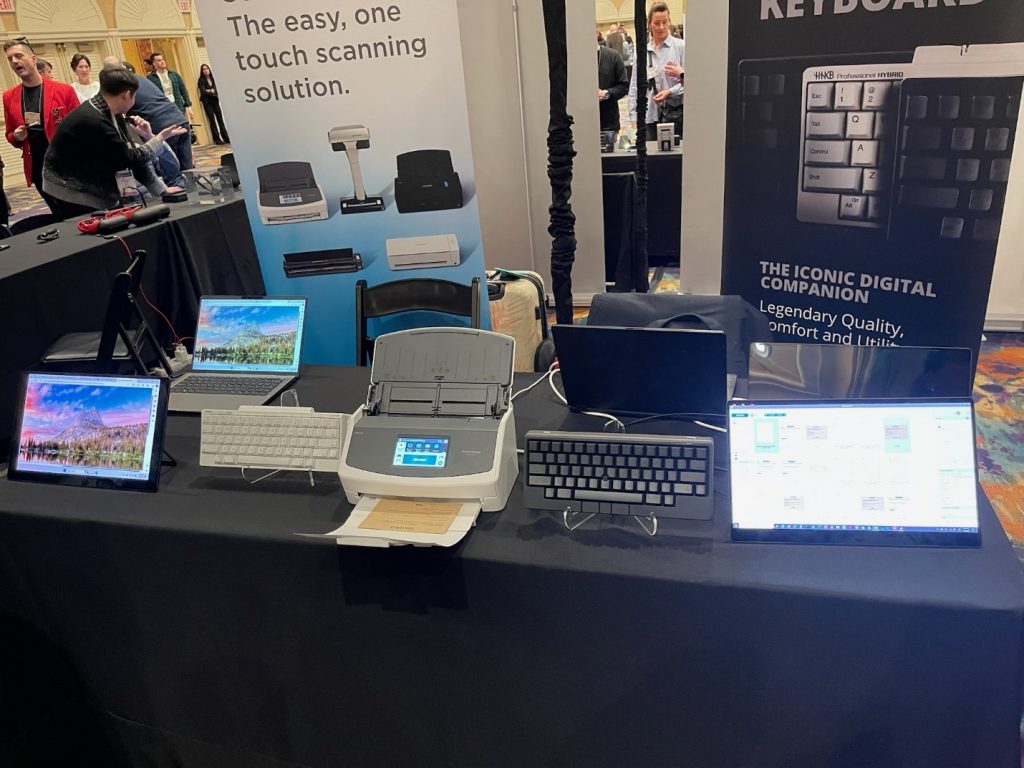
Likewise, if you recall from my last column, the AICPA and CPA.com Startup Accelerator program requires all applicants to have an AI component in this year’s cohort, and most products we reviewed seemed to include AI technology. You can expect a fresh batch of products with AI technology in 2024, but buyers should beware.
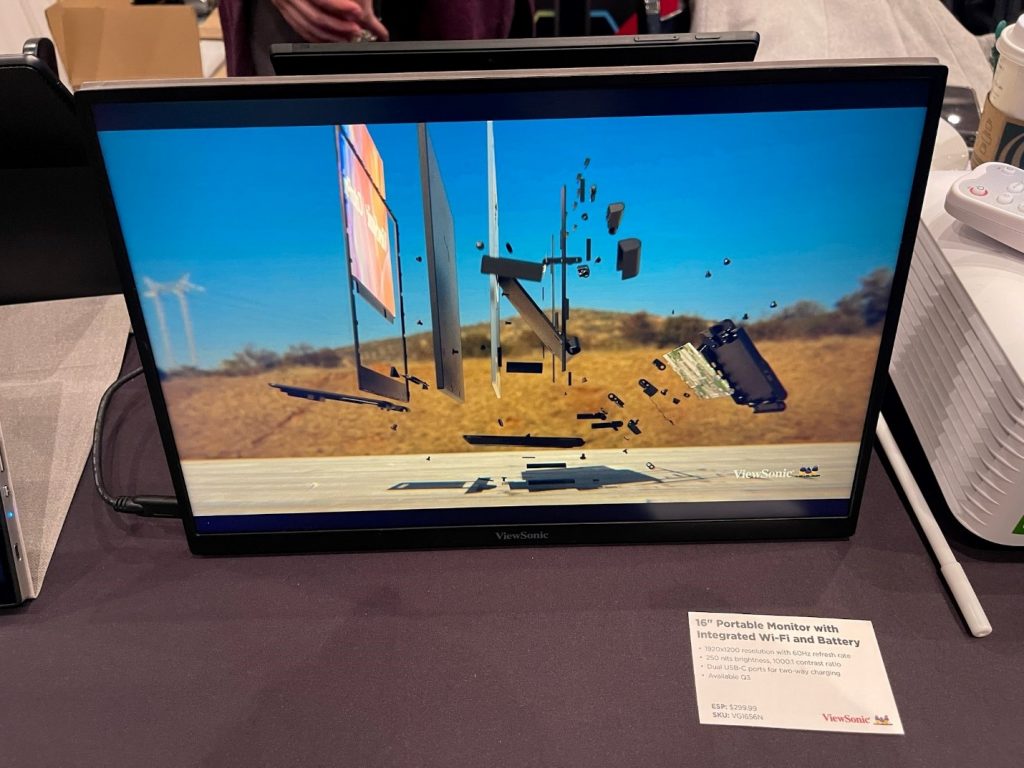
CES was held January 7-12, 2023, with official exhibits opening on January 9. Brian and I always try to attend Pepcom and ShowStoppers to see the latest products promoted to the media and press corps. We have recorded podcasts on business, personal, and innovative technologies during the show, and I encourage you to listen to those episodes for more depth on these products. We noted the preponderance of healthcare, aging, battery-powered, transportation, and pet technology. We had to dig harder to locate technology that supported the accounting profession.
So, What Solutions Are New for Accounting Applications?
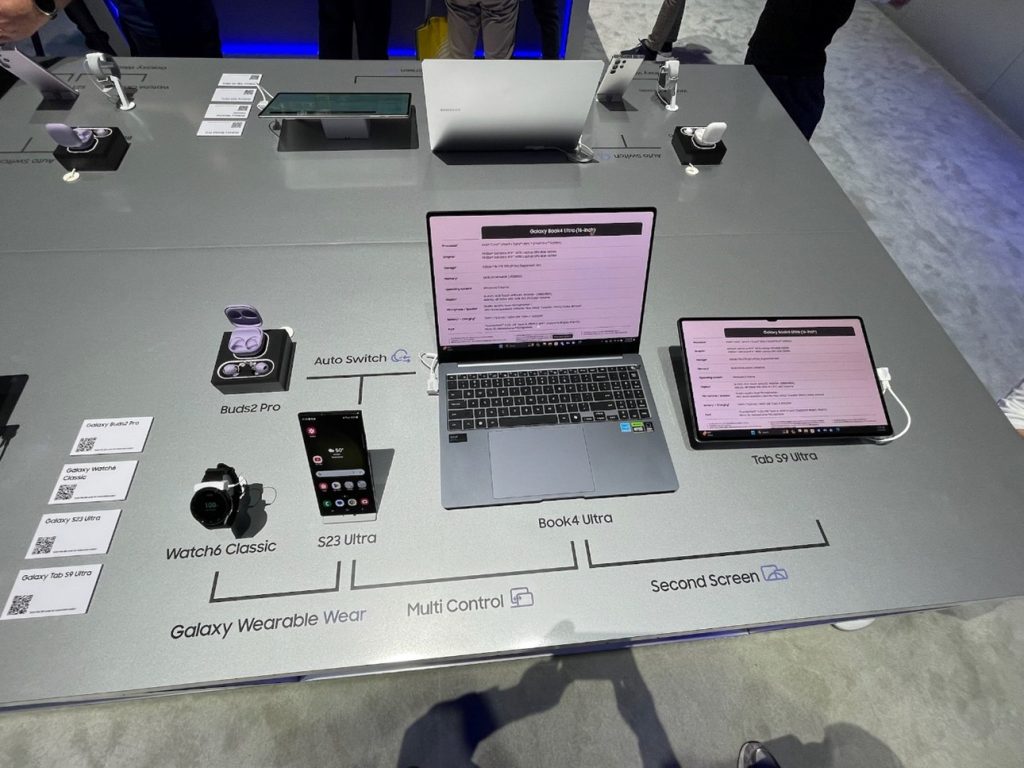
There were hardware innovations worthy of purchase, with most available now. For example, Ricoh PFU (formerly Fujitsu to you) had one of my favorite employees in attendance, Scott Francis, who showed us the new PFU portable monitor. It was light, felt durable, and the screen image was brilliant. It supports a variety of technologies and is likely to be our recommended portable monitor in 2024 and beyond.
The portable monitor is a winner if you have auditors or mobile workers who would benefit from a light second screen. Additionally, Ricoh introduced a compact keyboard that was designed to be exceptionally durable. We have samples headed our way for testing purposes. While we have recommended portable monitors from ViewSonic for the last three years, Ricoh’s new monitor is worthy of consideration.
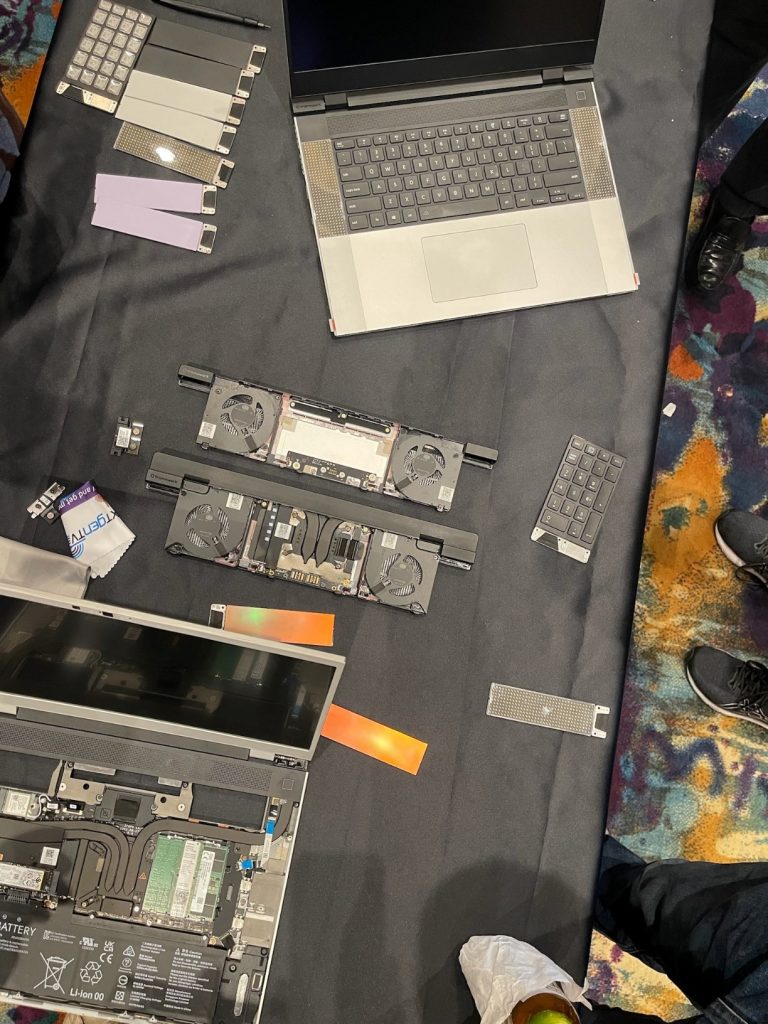
We did note new portable monitors from ViewSonic, which included OLED technology, a folding stand, and a variety of size choices. One of our favorite portable monitors from a past CES was the Espresso Display out of Australia. Espresso won an innovation award again this year with their new mobile display.
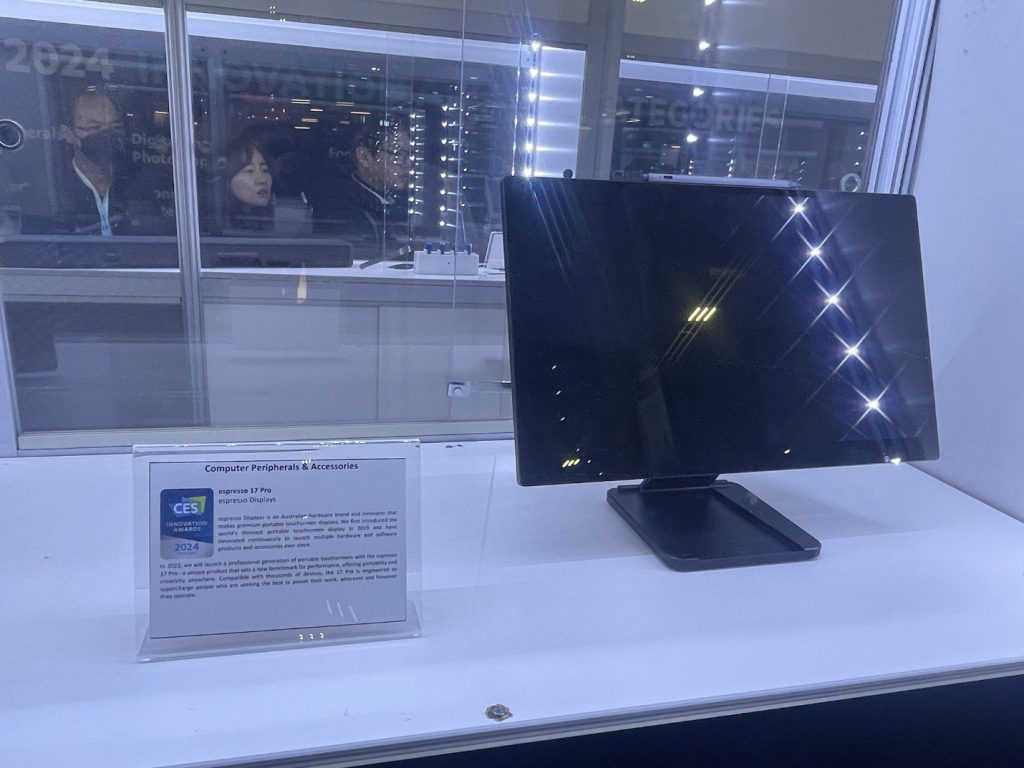
Speaking of monitors, we know that many of you are buying large, curved monitors for your team and yourself. The Samsung Odyssey OLED G9 in 49″ and 57″ were stunningly brilliant. The 49″ monitor was part of a gaming display to show responsiveness. At $1,700 retail, this monitor also promises to be an excellent value. And speaking of Samsung, they have made thoughtful upgrades to many of their technologies that we have followed for some time. For example, the Samsung Wall, a large format screen of sections that lock together, appeared in its third generation. All pixelation was gone; we suspect most size limitations are also gone because of their use of MicroLEDs. Read and see more at Samsung Wall.
The Dext technology that retired partner Ward Blatch has admired for five-plus years was incorporated seamlessly into the Bixby demonstration. Whether you use Microsoft, Apple, or Google operating systems, Bixby now supports Microsoft Copilot from the Samsung Fold, Flip, or S family of products. The technology allows phones, tablets, or other screens to interact with the software connection.
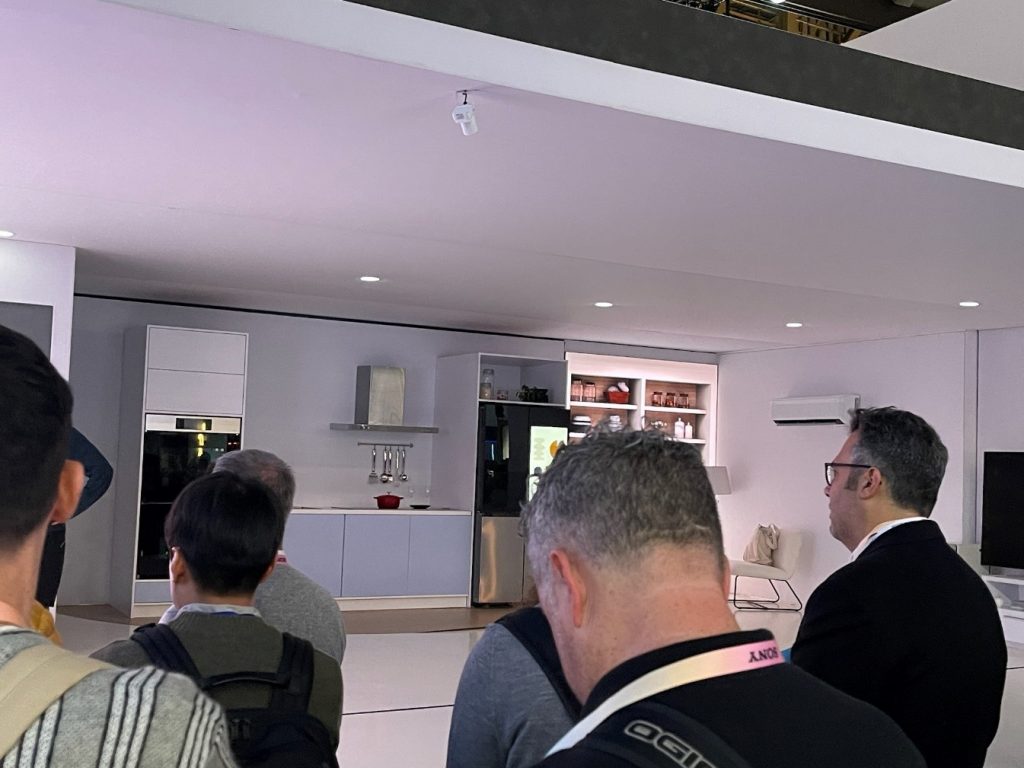
Note the Samsung Unpacked announcements from January 17 included the new S24. Bixby also appeared in the AI-enabled Ballie technology used in home safety and cooking applications. The traditional “I’ve fallen, and I can’t get up” cry is now observed by Samsung AI technology, which notifies caregivers that assistance may be needed.
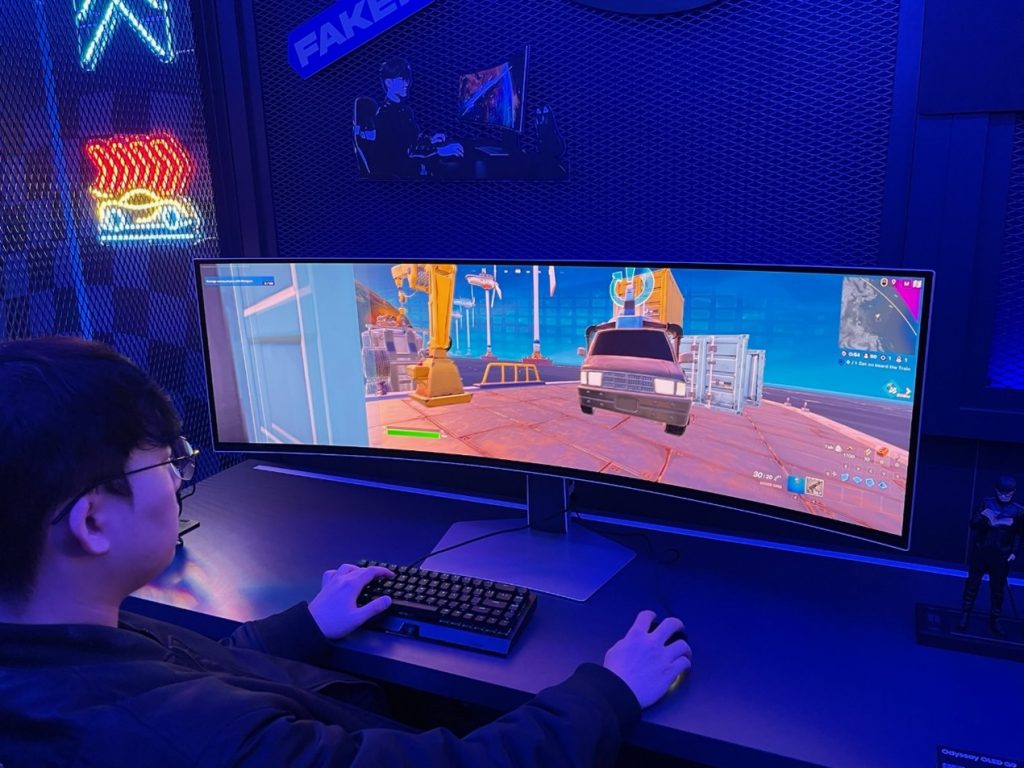
Speaking of Ward Blatch, both he and my son David Johnston wanted to be sure we checked out the Eco Flow whole home, expandable battery system. There are also portable versions of this battery power for remote applications. If you think of an uninterruptable power supply for the home, with additional batteries like we use in server applications, you are close to the concept with the Eco Flow. This product will reduce the need for generators while providing power during extended outages. Other vendors like Anker had competitive products but were less elegant than Eco Flow.
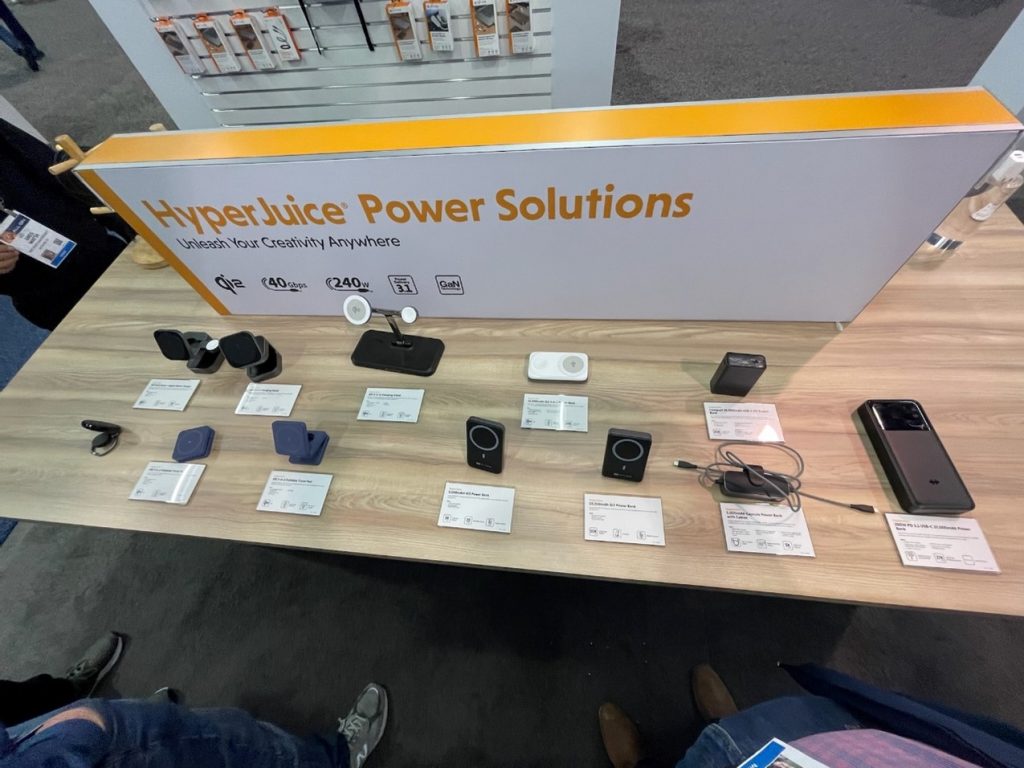
Speaking of my son David, his new 16” laptop from Framework is a winner, too. I began covering the Framework last fall after seeing his new component-built laptop. Framework seems to be the first laptop competitor built with a better design than many Dell, IBM/Lenovo, Apple, and HP laptops. We always want you to buy business-grade rather than personal-grade computers, especially laptops.
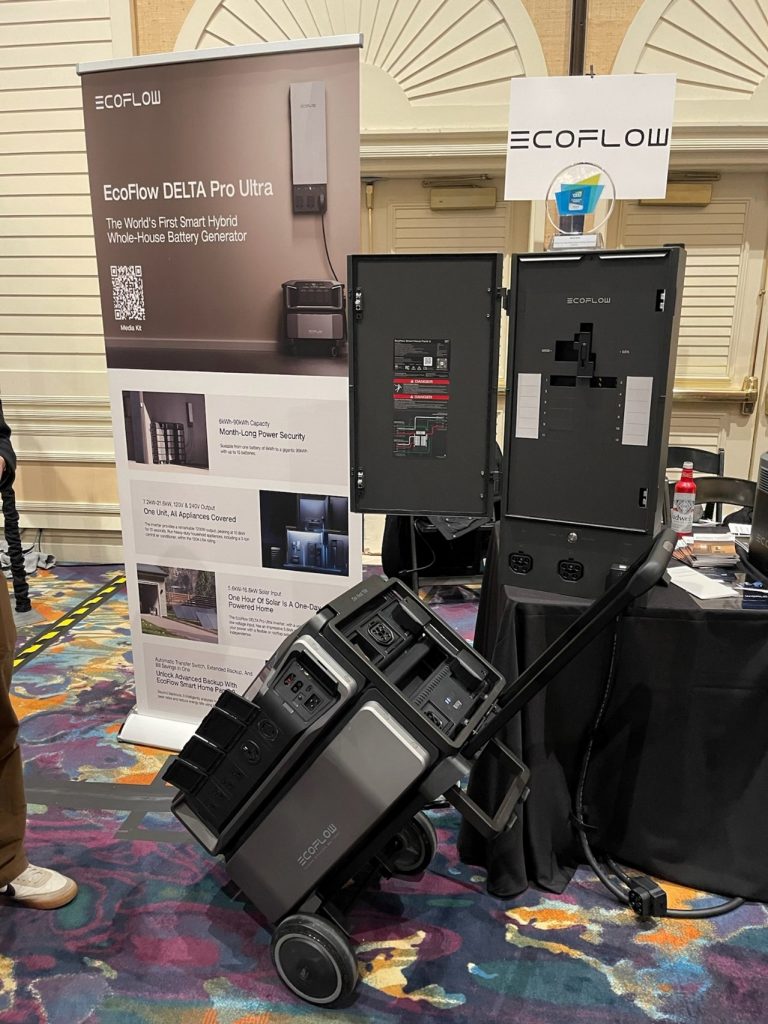
The concept with Framework is that components can be selected and assembled in less than one minute. The laptop is durable enough to last seven or more years, upgrading technology in the frame as needed. With touchscreen, 10-key, and dedicated GPU options, you can build a high-end laptop for accounting professionals that does not have to be rotated out on a 3-, 4-, or 5-year cycle. If something like a keyboard fails, it can be easily replaced in less than a minute. The laptop is less expensive than a comparably featured model from big-name vendors.
Most big-name vendors only had private suites and were running scaled-back demonstrations. Lenovo had attractive new models and relaunched ThinkPad X1 Carbon and X1 2-in-1 with Intel Core Ultra “Meteor Lake” AI hardware. Dell’s XPS 14 and XPS 16 modernized their design, adding AI with Intel’s AI-ready “Meteor Lake” Core Ultra CPUs and a Microsoft Copilot key. Microsoft announced they were getting out of all hardware business except for the Surface and encouraged various vendors to add a Copilot key.
Another familiar name, Targus, won an innovation award for their MiraLogic Technology, which includes docking stations, sound bars, and other experience technology to improve security and remote management. You can see more at Targus. We also spoke with new employees from the Hyper acquisition. The HyperJuice GaN chargers for USB-C with Global plugs and their new silicone cables are great designs for iPhones, iPads, and Apple Mac users. Additionally, the Hyper Thunderbolt 5 docking station was among the best of the show. Additionally, Kensington improved its Thunderbolt 4 docking station and introduced a Thunderbolt 5 version.
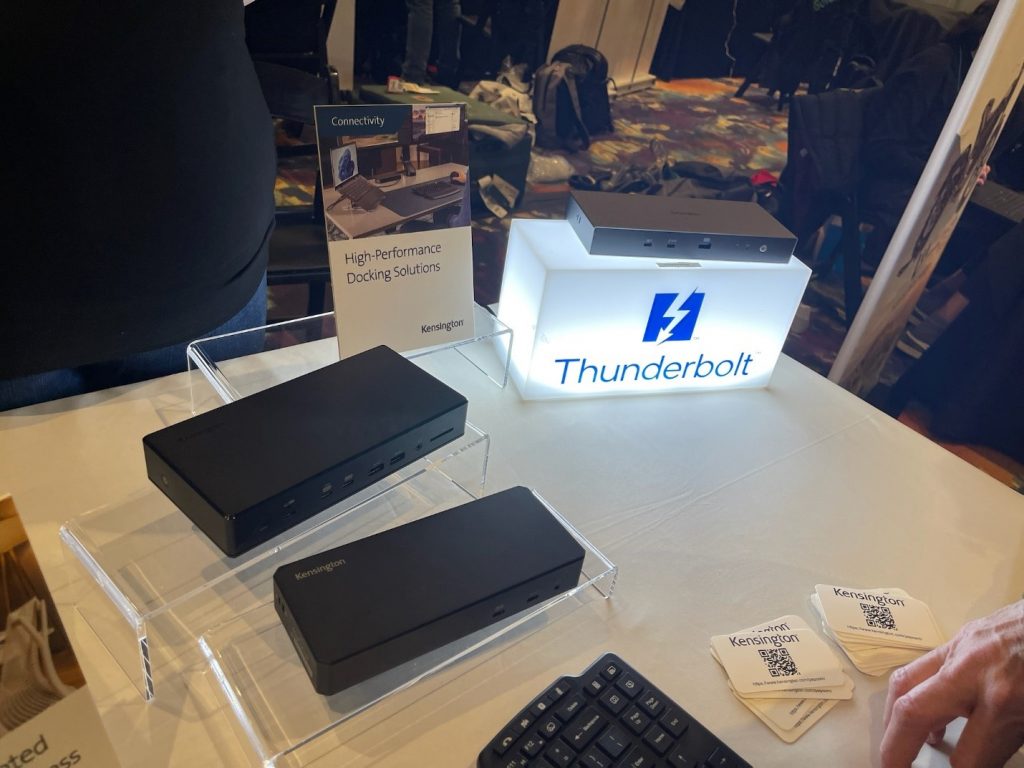
There were not many notable software improvements for the accounting profession at CES. However, there are a few technologies of note. We discovered and used Click, a blockchain-enabled photo capture product that will authenticate the provenance of a picture. Blockchain-verified photographs could be used in auditing, litigation support, and other practice areas.
I also created a live-looking avatar of myself using Hollo-AI. Training the device by speaking for less than a minute, the avatar could then emulate my voice and image to answer questions and add content retrieved from the web in the background of things I had written or said in the past. That was a little spooky but very impressive.
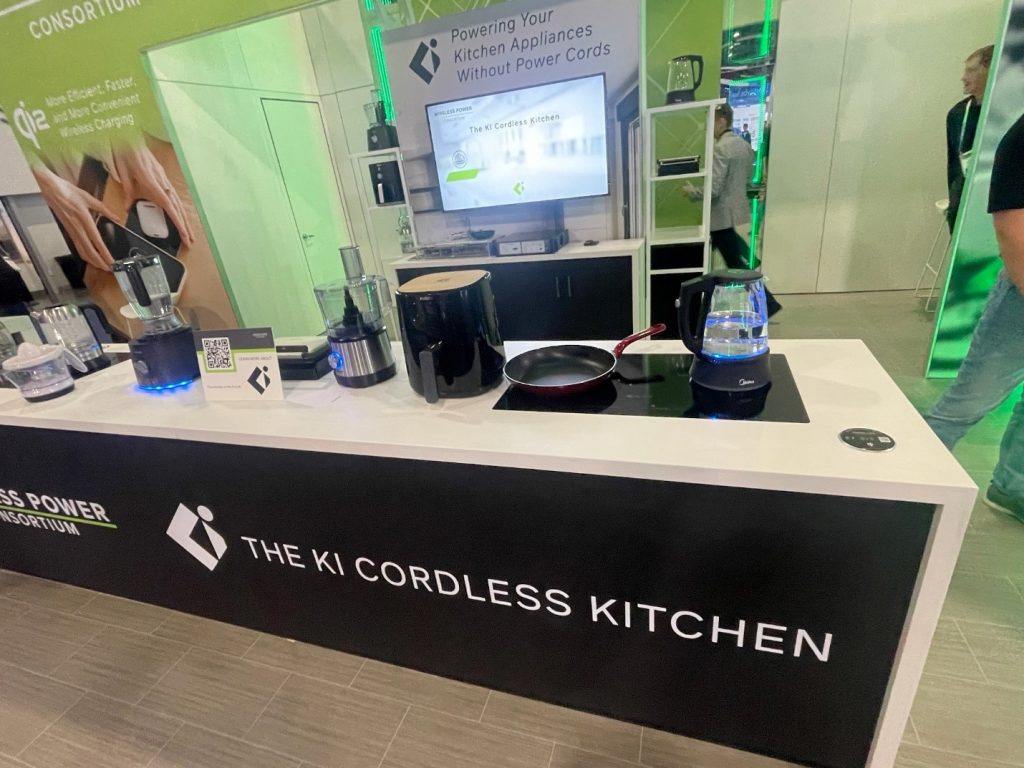
MicroLED TVs were everywhere, touting sharper images through intense black backgrounds. We enjoyed the 165″ folding TV from C Seed. We saw limited purpose in translucent TVs. You could use them, but why would you? However, one application that made sense was the front of a display case for food, which had some artificial intelligence eye tracking. We would also recommend looking at FreeCast to consolidate your TV streaming capabilities. Depending on your market, you will soon have ATSC 3.0 streaming capabilities to improve your content’s variety and quality vastly.
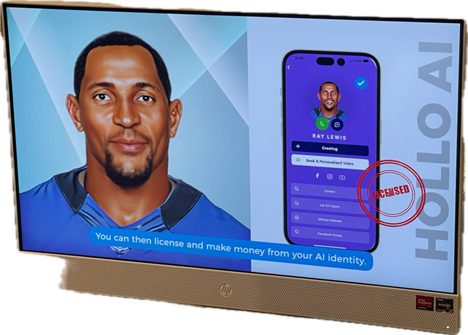
Other products that included Qi2 wireless induction for charging phones and running kitchen appliances were intriguing, as were the improvements in 3D printing for ceramics and a nutritionally complete bread.
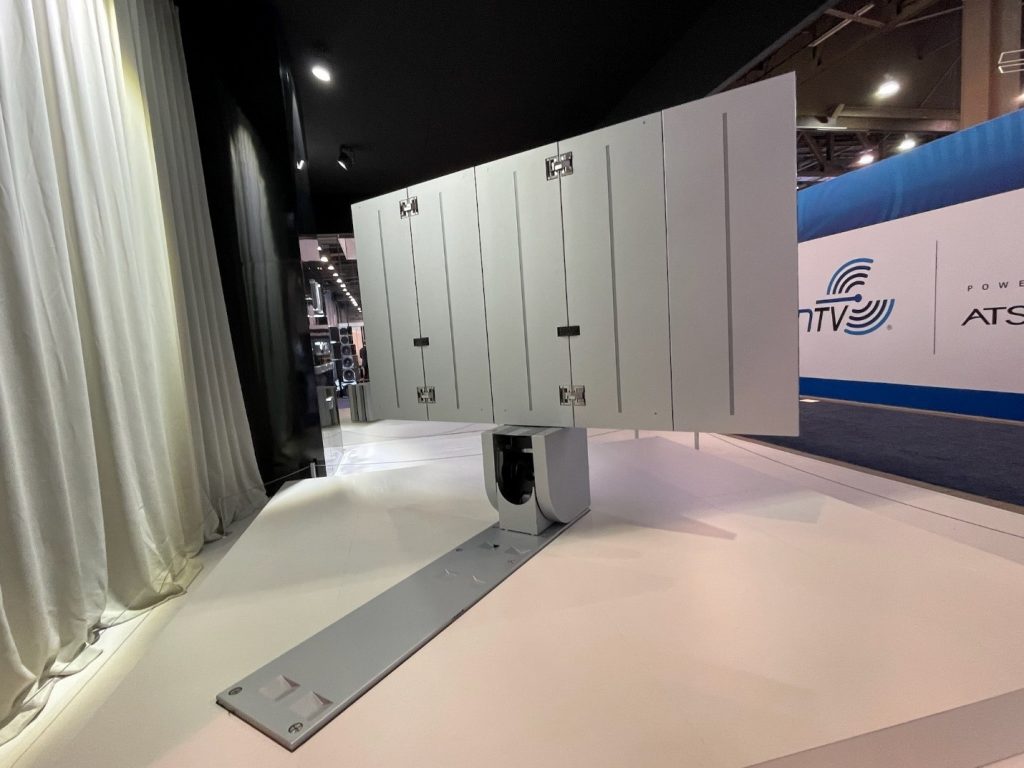
So, What Makes Practical Sense with These New Products?
Our expectation for CES was to see more Wi-Fi 7. There were some, but significant steps forward in communication speeds were announced in 2023 and are now being delivered. However, AI-enabled computers, Copilot shortcuts on keyboards, and integrating phones as secondary screens into our computers will give us more flexibility in 2024 and beyond.
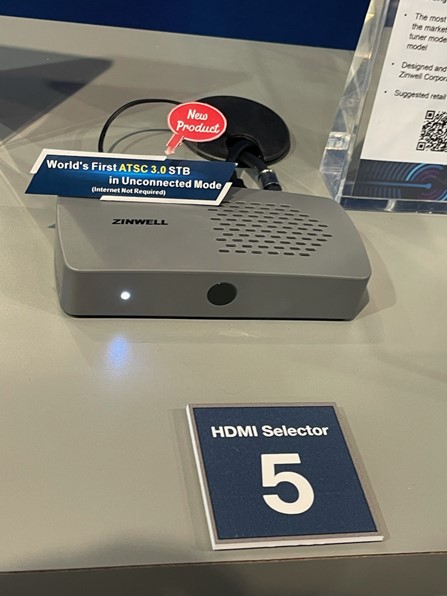
The technology is getting smaller, lighter, and more practical. We are concerned about durability and security, which both took a back seat at this year’s CES. You will benefit from the latest CPUs, GPUs, and screen technology. In this year of decisions, we will watch the evolution of AI, quantum, blockchain, and security. Entrepreneurs are listening and trying to create new products, while larger providers are making incremental changes. Your decisions will be between evolutionary and revolutionary changes without compromising safety or client data. We will do our best to be your wingman during this decision year.
[ad_2]
Source link



